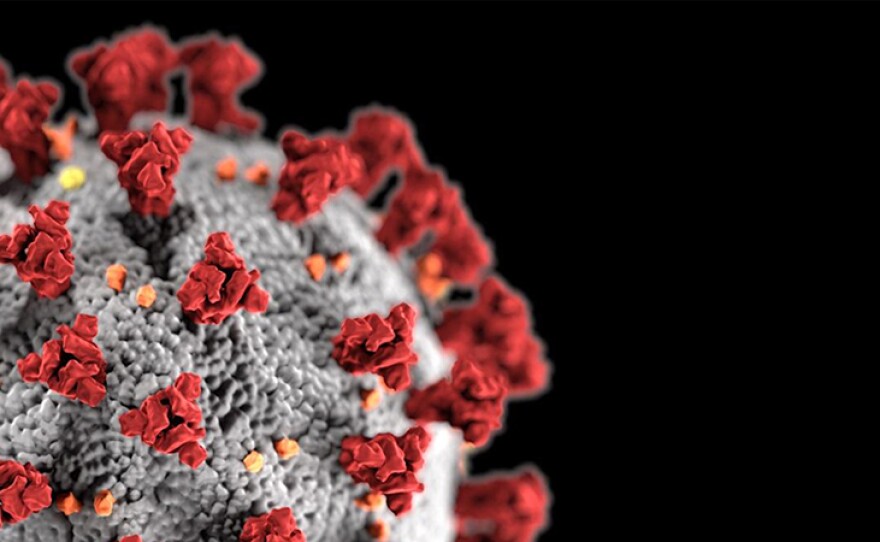New research findings published Thursday by San Diego scientists offer good news in the worldwide race to develop a vaccine against the deadly COVID-19 disease.
The research is a collaboration between Alessandro Sette and Shane Crotty, both professors at the Center for Infectious Disease and Vaccine Research at the La Jolla Institute for Immunology. Their findings offer the first detailed look at the immune response of patients who contracted and recovered from SARS-CoV-2, which is causing the coronavirus pandemic.
"It seems likely to us that immunity is developed. At least some reasonable amount of immunity is present and is developed by most people," Crotty said. "We would consider that good news and largely fits with the expectations we would have for an antiviral immune response."
The study looked at the immune response in 20 patients treated at UC San Diego who had recovered from COVID-19. Because the participants were local to San Diego, the researchers will be able to study how their immune response to the disease is maintained over time.
The researchers were surprised to find some patients who had never been exposed to COVID-19 also showed an immune response to SARS-CoV-2. As part of a control group, Sette's lab tested blood samples taken from people between 2015 and 2018, before the virus was circulating, and found about half of those had immune memory that could recognize the COVID-19 virus.
"This was really, really striking. It was actually unexpected," Sette said. "The most reasonable explanation for that is that there is some immune reactivity originating from being exposed to the common-cold coronavirus. There's a number of more benign human coronaviruses that cause just human colds."
The response from the scientific and medical community to the research findings has been enthusiastic.
"What this paper is, and Alex Sette’s group does this really, really well, is global mapping in both patients that have recovered as well as uninfected people, presumably that didn't have antibodies," John Teijaro, an associate professor in the Department of Immunology and Microbiology at the Scripps Research Institute, who was not involved with the research, said. "It's really the first study showing what the helper cells and what the killer cells look like and what they're responding to. And so it sort of lays a framework now for the field in the human situation and start to really understand what these cells are doing in severe disease, less severe disease."
So-called killer T-cells eliminate virus-infected cells.
Sette said the data his lab collected sets the foundation to ask whether people who have severe cases of COVID-19 requiring hospitalization have a different immune response to the disease than people who can recover at home or are even asymptomatic.
The findings also could help vaccine researchers because in addition to the spike proteins that give coronaviruses their names, Sette found several other key pieces of the virus also targeted by the immune response. He said this suggests that there may be opportunities to improve vaccine design by incorporating these other pieces in them to strengthen the immune response.
“All efforts to predict the best vaccine candidates and fine-tune pandemic control measures hinge on understanding the immune response to the virus,” Crotty said. “People were really worried that COVID-19 doesn’t induce immunity, and reports about people getting re-infected reinforced these concerns, but knowing now that the average person makes a solid immune response should largely put those concerns to rest.”
The research was first published in the online version of the journal Cell.








